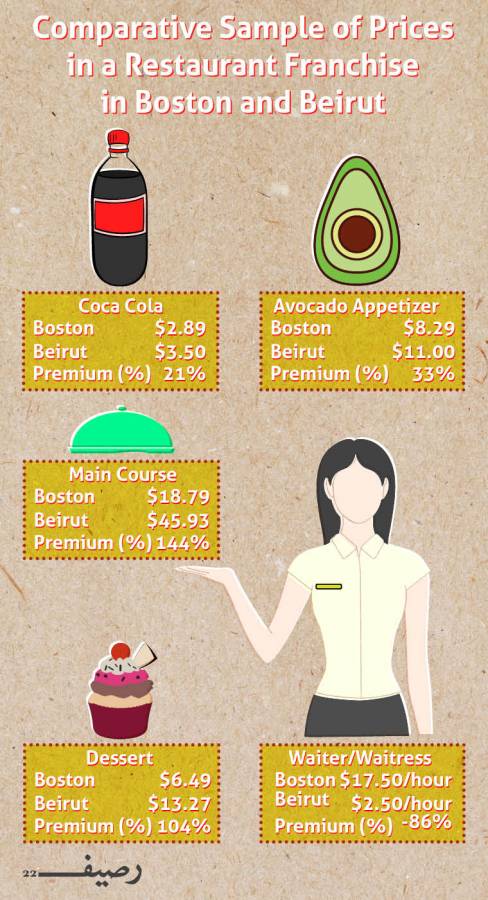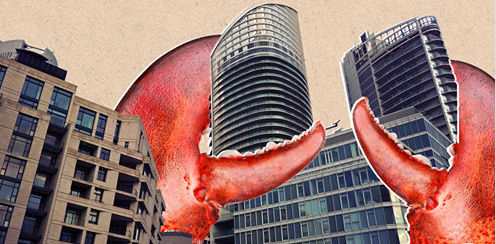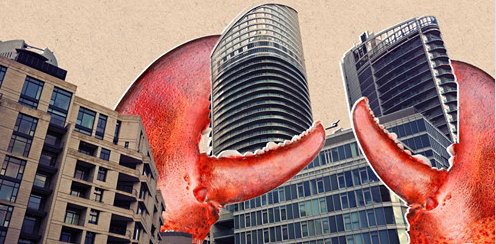In his book, The Wealth of Nations, Adam Smith makes the provocative claim that beneath that chaotic system of individual haggling over prices, there is some order. The claims made in this book are impressive, particularly when we consider that it was written in 1776, amid a vacuum of critical consideration on the topic of economics. Smith continues, stating that although the behavior of individuals in the marketplace is governed by self-interest, somehow, there emerges the common or public good.
He refers to this force that governs the economic universe “The Invisible Hand”, which regulates the economy, allowing it to function in perfect harmony. This system of near-perfect liberty, if the market is left to itself, will coordinate individual self-interested actions and, through the division of labor, will introduce a powerful dynamic into the system that will increase the wealth of nations. While Adam Smith advocates a system of laissez-faire capitalism, he does allow some exceptions and a specific role for government, including in defense, infrastructure, the justice system, and education.
However, on the whole, he insists that in order for the system to work perfectly, it must be allowed to function independently. Yet, in Lebanon, as in many Arab countries, this is never the case. Monopolies distort the market, and guilds limit access to certain trades, etc. In appealing for help from the government—such as tax exemptions and subprime, low-interest loans subsidized by the Lebanese tax-payers—representatives of the real estate sector will boast that the sector now accounts for 20-30% of the GDP of the country, up from about 7% just a few years back. Yet, this begs the question; is 20% or 30% of the GDP—for yet another unproductive sector, alongside the banking sector and a bloated government—healthy for the economy? Is it healthy that everything else in the country, such as food and beverages, manufacturing, agriculture, technology, and innovation are all lumped into the remaining 30% that is not governed by these three sectors—a percentage that steadily continues to shrink? Recently, I went to one of my favorite foreign franchise restaurants in Beirut. A week before that, I had gone to the same exact restaurant in Boston, which is one of the most expensive cities in the US. Let us compare some random items on the bills:

The main course is well over double the price. The dessert, a chocolate chip cookie with vanilla ice cream—also more than double. This, while the hourly wage of a waiter in Boston is seven times the hourly wage of the waiter at the same franchise in Lebanon. When I tell my friends this, the first thing they say is: "Greedy thief! He's gouging the customers!" But this is not entirely accurate, as on the many occasions I have been to this restaurant, there has never been more than a couple of tables with customers. If Adam Smith were alive today, he would tell this guy that he should decrease his prices to acquire more customers. If labor costs are not the reason for these exorbitant prices, what is? What is the cost of a Coca-Cola? What is the cost of mixing some water, sugar, and chemicals? It can’t be the ingredients.
What is the biggest fixed cost that prevents the franchise owner from lowering prices to a level that will produce an increase in customers and revenue? The answer, ladies and gentlemen, is rent. Though, on the surface, it may look like there is free-market competition in the real estate sector, due to the lack of transparency and collusion in the market, the real estate sector actually behaves like a monopoly. In fact, in Beirut, where the per capita income is something like $10,000 a year, the average price of an apartment is almost $600,000. Compare this to the US, where the per capita income is $56,000 and the average price of a housing unit averages at about $230,000. In the US, if you wanted to buy an apartment in a certain neighborhood or building, you can pull up the latest sales on the MLS listing website and get the exact price you should pay, so an informed buyer, doing a minimal amount of research, typically would not overpay by more than 5% under normal market conditions. In Lebanon, an uninformed, naïve buyer might overpay by 50%, versus an informed, sophisticated cash buyer for the exact same apartment, in the exact same building, on the same exact day.
Therefore, some 240 years after his book was published, I would like to add one more item to Adam Smith’s list of things that threaten The Invisible Hand, namely lack of transparency and collusion, from which there is no protection in Lebanon. The irony in all this is that this same nefarious practice here in Lebanon will soon dig out the grave for the Lebanese economy. This practice, which I would like to dub “The Invisible Claws”, has produced a real estate bubble that has created ample (temporary) wealth for the segment of the population deploying capital in the real estate sector. However, this has gone on for so long, that at this point, it is now choking the rest of the economy, and destroying small businesses (with the associated loss of jobs), thereby reducing discretionary income, such that there is no more oxygen (cash) left among the masses to further enrich the capitalists.
Despite the fact that the government provides subsidized, subprime loans that are utilized by the poorest and most vulnerable segments of society to keep fueling these ill-gotten gains, the end is near. Within the next year or two, the whole sector will collapse and the wealth added by these capitalists will be destroyed in a manner which is the antithesis of Joseph Schumpeter’s creative destruction, which I will more aptly label as “Destructive Destruction”.
This massive correction, in the short run, will be harmful to developers and banks; however, in the long run, the real estate sector has to be shrunk back to its traditional size, otherwise no small business in Lebanon can ever survive. As such, the Central Bank's efforts to save the sector with these subsidized subprime loans, will not only fail; in actuality, they are misguided and harmful to the rest of the economy.
Raseef22 is a not for profit entity. Our focus is on quality journalism. Every contribution to the NasRaseef membership goes directly towards journalism production. We stand independent, not accepting corporate sponsorships, sponsored content or political funding.
Support our mission to keep Raseef22 available to all readers by clicking here!
Interested in writing with us? Check our pitch process here!






